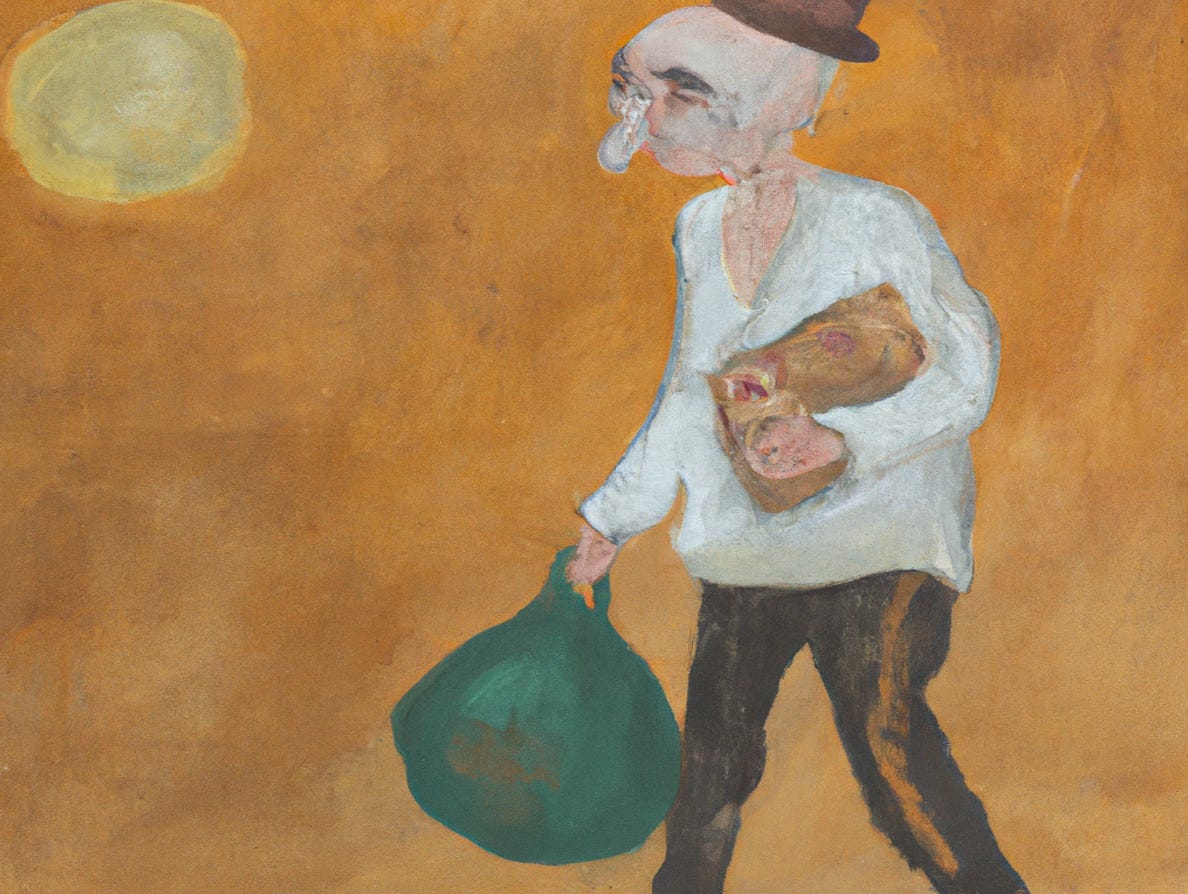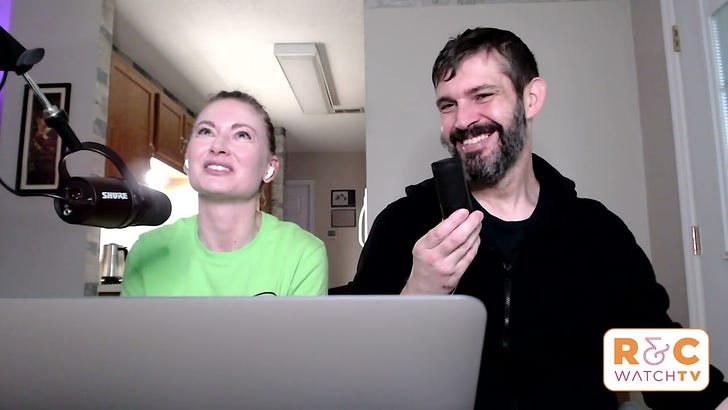If you’d rather watch me read this:
Listening to The Long Loneliness, another aspect of the perniciousness of precarity occurred to me.
Author Dorothy Day quotes William James on the positive aspects of poverty.
From The Varieties of Religious Experience(1902):
Poverty is indeed the strenuous life -- without brass bands or uniforms or hysteric popular applause or lies or circumlocutions; and when one sees the way in which wealth-getting enters as an ideal into the very bone and marrow of our generation, one wonders whether a revival of the belief that poverty is a worthy religious vocation may not be the transformation of military courage, and the spiritual reform which our time stands most in need of.
Among us English-speaking peoples especially do the praises of poverty need once more to be boldly sung. We have grown literally afraid to be poor. We despise anyone who elects to be poor in order to simplify and save his inner life. If he does not join the general scramble, we deem him spiritless and lacking in ambition. We have lost the power even of imagining what the ancient idealization of poverty could have meant: the liberation from material attachments, the unbribed soul, the manlier indifference, the paying our way by what we are not by what we have, the right to fling away our life at any moment irresponsibly -- the more athletic trim, in short, the fighting shape.
I was raised by a single mother in economic instability, on public assistance. And I grew up Evangelical and conservative (but I repeat myself).
My first instinct is not, by any stretch, to consider poverty positive. Or even neutral.
Ironically, though, I have chosen poverty. Well, technically at $13,171 I earn well above the poverty level for Alabama for an individual. But I earn far less writing this newsletter and doing freelance writing than I did in San Francisco working for startups.
I do, in theory and in practice, think there’s something to liberation from material attachments, the unbribed soul, the manlier indifference. In short, the fighting shape.
I think there’s something to be said for the attitude that nothing money could buy could be more valuable than time spent fighting for what I believe in.
It just so happens that fighting for what I believe in is not, thus far, as remunerative as writing content for tech startups.
Thinking more deeply about poverty, I don’t actually think there’s anything wrong with it in and of itself.
Envisioning myself not having money isn’t what kept me from going full-time on Sex and the State sooner or pushed me to start an OnlyFans to save up money beforehand. It was the thought of being a burden, particularly on my family, who didn’t sign up to bankroll my ambitions but who I knew would, nonetheless, sacrifice their well-being to keep me alive should I require it. Apparently nearly a third of GoFundMe campaigns raise money for medical debt and more than half of bankruptcies involve medical debt.
“We have grown literally afraid to be poor,” James wrote.
I’d argue that what we’re afraid of, and what we should be afraid of, isn’t poverty, but precarity. We fear poverty in the US because we don’t know any reality in which the two are not the same. We judge people who choose poverty because we resent having to pay when they fall down that slope and hit rock bottom.
But there’s a difference, a massive difference, between a low standard of living and living on the edge of total ruin. The precarity of US poverty is a policy choice. Upward wealth transfers, poverty traps, police officers sucking low-income neighborhoods dry for minor traffic violations to raise revenues, these are policy choices that make poverty precarious in the US.
This choice prevents anyone in the US from choosing poverty without also choosing precarity.
At a recent Heritage (retch) panel, Arthur Milikh, Executive Director of the Center for the American Way of Life at the Claremont Institute (barf) talked about how men aren’t allowed to be men anymore. Well, Milikh, if you want to encourage a manlier indifference, a more athletic trim, the fighting shape, perhaps you should battle the policies that make it impossible for men to simply live simply, to go after what they believe in, rather than bowing to the goal of wealth-getting just to maintain a steady footing.
What I’m asking for is only radical because it’s under-explored. And that is the ability to live simply, to optimize for something more important than a high income, without risking burdening our families or ending up in jail.
One of my babies recommended The Long Loneliness. I forget who, so if it’s you, show yourself in the comments or email.
I may write a full Cathy reads books. But so far it’s extremely socialist, Jesus, and Catholic. As an Exvangelical, my relationship with these is, shall we say, fraught. It’s reminding me of how I noticed right away after moving back how Jesus Huntsville is. Which is fine. But it’s irritating when Evangelicals complain about being an oppressed minority while these beliefs are so undeniably prominent and ubiquitous.
I feel like I’d be enjoying it more if I’d gone in with any idea of who Dorothy Day was but cest la vie! I’m learning!
Sex and the State is a newsletter at the intersection of policy and people. Like it? Upgrade to a paid subscription, buy a guide, follow me on Twitter, support me on Patreon, or just share this post 🙏
~~~~~
This ⬇️ is an affiliate link! Sign up today to support me!
Join the reading revolution! Get key ideas from bestselling non-fiction books, distilled by experts into bitesize text and audio. Explore our vast library of over 5,500 titles and stay up-to-date with 40 new titles added each month.
















Share this post